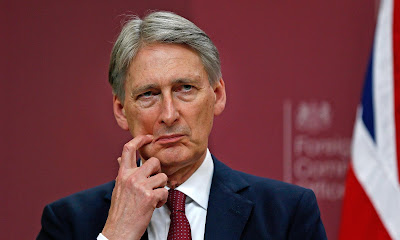Philip Green and the BHS Pension Scandal: A Cause of Change in British Company Law?

Today’s post is a short reactionary post to the statements made today by the Prime Minister, Theresa May, regarding the potential future of Company Law in the U.K. With regards to the protection of pension funds within large businesses, Mrs May stated that ‘ today I am setting out our [the Conservative Party] plans, if elected, to ensure the pensions of ordinary people are protected against the actions of unscrupulous company bosses ’. In light of this, this post will look at the propelling rationale for this election campaign agenda, and also look at the reality of the situation by asking whether the Government would really punish the bosses of the largest and most influential companies in the country. The reason why the issue of company pension funds is being debated by the leaders of the main political parties in the U.K. is, predominantly, because of the scandal that emanated from the collapse of large British retailer British Home Stores last year. In Financial Regulation









